The Branded Content Research Network are pleased to announce that their forthcoming Branded Content Research Network Conference is taking place next month from Tuesday 7 to Wednesday 8 November in London.
A one-day conference will take place on the Tuesday, while Wednesday will consist of pre-conference meetings of the network and an open public meeting ‘Is there anything wrong with branded content?’ to end the two-day event.
The Branded Content Research Network is an academic network project, funded by the UK Arts and Humanities Research Council, who seek to bring together academic researchers, industry and civil society interests to explore the practices and implications of branded content, native advertising and the convergence of media and marketing communications.
About the Conference:
Marketers increasingly produce their own branded media content (‘owned’ media) and they seek to integrate advertising more seamlessly into the editorial forms and flows of publishing, audio, audiovisual, and social media communications. The integration of media and advertising is not new, but it is intensifying. Forms of branded content and ‘native’ advertising are developing rapidly, transforming marketing communications, challenging regulatory arrangements, and raising a host of issues from consumer awareness and acceptance of advertising to the consequences for the media’s editorial independence and creative autonomy.
The Branded Content Research Network aims to investigate the changing relationships between media and marketing and to promote research, collaboration and dialogue across a very wide range of interests and perspectives. The network brings together academic researchers, industry and civil society interests to explore the practices and implications of branded content, native advertising, and media-marketing convergence. Branded content is both an economic and a cultural phenomenon that requires cross-disciplinary resources and new approaches in analysis.
The conference will bring together international researchers at all stages of their careers, and marketing practitioners, for presentations and dialogue to explore insights and help to build research capacities and international collaboration. The conference is hosted by the Branded Content Research Network and the Advertising Research Group (ARTWG), a temporary working group within the European Communication Research and Education Association (ECREA).
Click here to view the full draft conference programme.
Registration
The event is free but places are limited and advance booking is required. To register, please click here.
Please complete your booking by 2 November as we will not be able to accept late bookings after that date (except for the public meeting, space permitting). Please note that all those who have booked a two-day ticket for 7-8 November do not need to book separately to attend the evening meeting.
If you would like any further information, including travel and accommodation, please email j.hardy@uel.ac.uk.
 Focus-on: Getting started – ‘What every researcher needs to know’
Focus-on: Getting started – ‘What every researcher needs to know’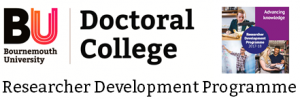



 There are 15 spaces available for academic staff whose funding application has been rejected and wish to re-submit to another funder, within the next 12 months.
There are 15 spaces available for academic staff whose funding application has been rejected and wish to re-submit to another funder, within the next 12 months.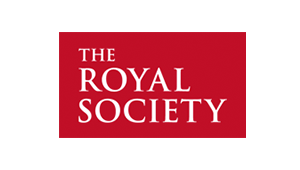
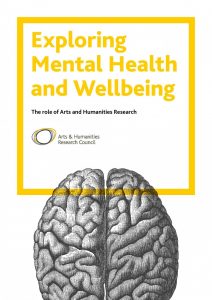 A new report,
A new report, 



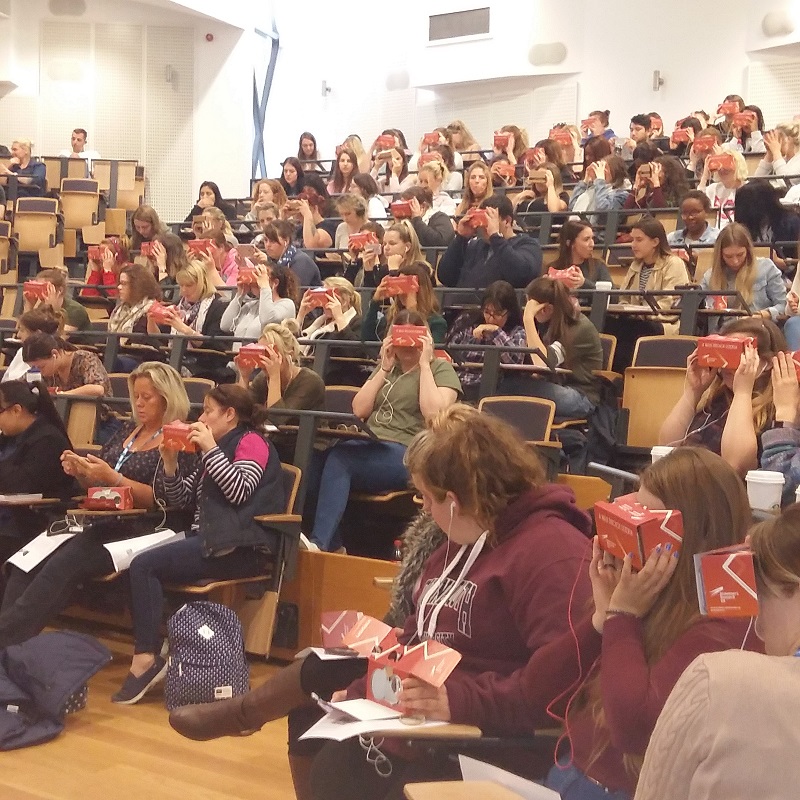
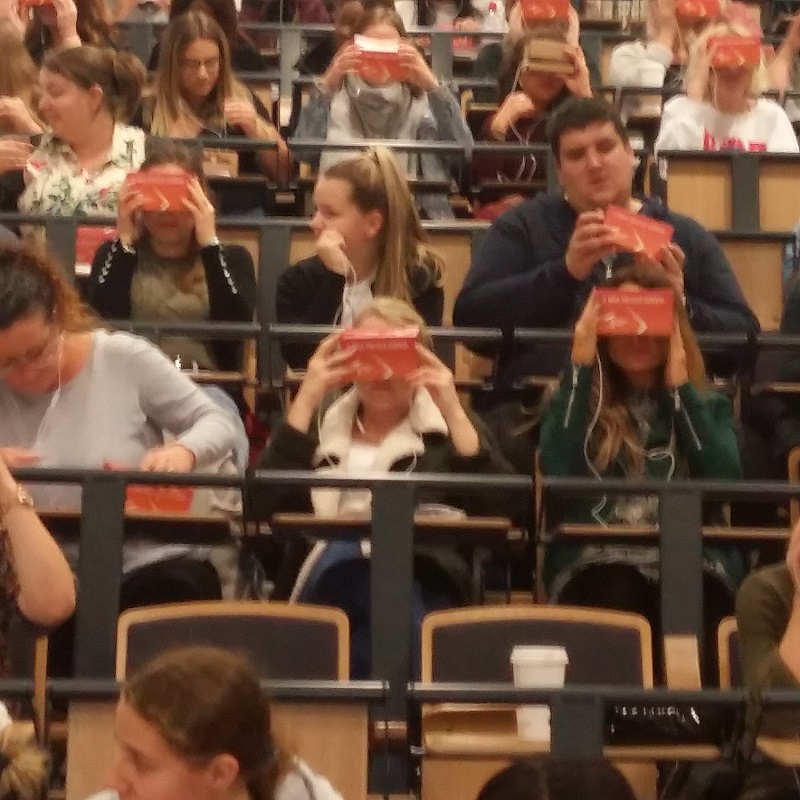

 Have you noticed this box on the BU Research Blog?
Have you noticed this box on the BU Research Blog?

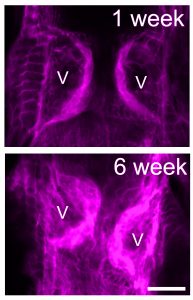 Research funded by the British Heart Foundation looking at tissue fibrosis (scarring), will soon be published in Experimental Gerontology, one the world’s leading journal on ageing. Fibrosis occurs naturally as part of our injury response process but also develops in ageing and chronic disease. Treatments are scant despite fibrosis leading to organ failure and increased risk of death.
Research funded by the British Heart Foundation looking at tissue fibrosis (scarring), will soon be published in Experimental Gerontology, one the world’s leading journal on ageing. Fibrosis occurs naturally as part of our injury response process but also develops in ageing and chronic disease. Treatments are scant despite fibrosis leading to organ failure and increased risk of death.











 SPROUT: From Sustainable Research to Sustainable Research Lives
SPROUT: From Sustainable Research to Sustainable Research Lives BRIAN upgrade and new look
BRIAN upgrade and new look Seeing the fruits of your labour in Bangladesh
Seeing the fruits of your labour in Bangladesh Exploring Embodied Research: Body Map Storytelling Workshop & Research Seminar
Exploring Embodied Research: Body Map Storytelling Workshop & Research Seminar Marking a Milestone: The Swash Channel Wreck Book Launch
Marking a Milestone: The Swash Channel Wreck Book Launch ECR Funding Open Call: Research Culture & Community Grant – Application Deadline Friday 12 December
ECR Funding Open Call: Research Culture & Community Grant – Application Deadline Friday 12 December MSCA Postdoctoral Fellowships 2025 Call
MSCA Postdoctoral Fellowships 2025 Call ERC Advanced Grant 2025 Webinar
ERC Advanced Grant 2025 Webinar Update on UKRO services
Update on UKRO services European research project exploring use of ‘virtual twins’ to better manage metabolic associated fatty liver disease
European research project exploring use of ‘virtual twins’ to better manage metabolic associated fatty liver disease